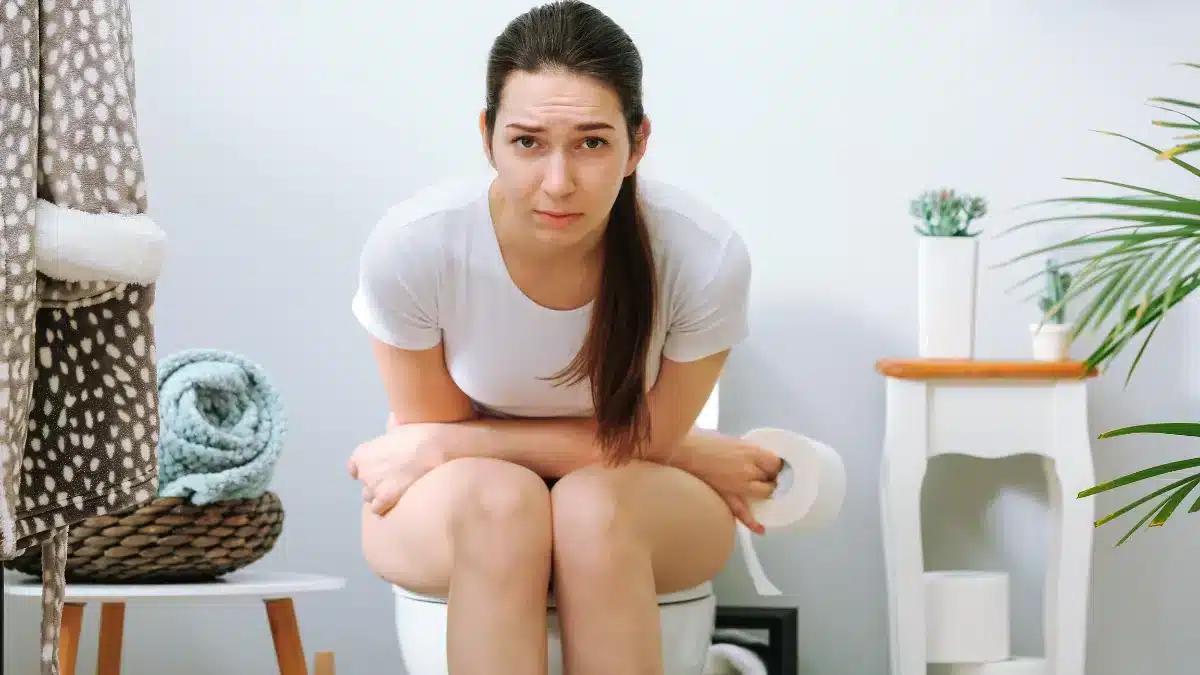Understanding Birth Control Constipation
Birth control pills, also known as contraceptives, are a popular method of family planning that uses hormones to prevent pregnancy.
There are various types of birth control methods available such as birth control pills, contraceptive patches, vaginal rings, Intrauterine devices (IUDs), etc.
Hormonal birth control methods, such as the pill or the patch, can influence gastrointestinal function, causing a range of effects from constipation to Diarrhea.
This article will explore the relationship between birth control and constipation, the potential impact on digestive health, and strategies to manage it.
By understanding the connection, individuals can make informed decisions about their contraceptive choices and take steps to address any associated gastrointestinal concerns.
Can birth control cause constipation
Yes, birth control pills can cause constipation due to the influence of hormonal changes on bowel regularity.
The main reasons for constipation caused by birth control pills are:
- High levels of Progesterone: Birth control pills, particularly Progestin-only pills, contain high levels of Progesterone that can lead to a sluggish gastrointestinal tract, resulting in constipation
- Synthetic Estrogen and Progesterone: Synthetic Estrogen and Progesterone in birth control are stronger than natural counterparts, impacting bowel movements more significantly
- Hormonal changes: These hormonal shifts can hinder the contraction of the colon’s smooth muscle, resulting in constipation. Additionally, Estrogen might contribute to slowed digestion, leading to constipation
- Dietary factors: Dietary factors can contribute to constipation induced by birth control pills. Synthetic hormones, particularly high levels of progestin, may affect the gastrointestinal tract, slowing bowel movements
Symptoms of constipation caused by birth control

Some common symptoms of constipation caused by birth control include:
- Bloating: Women on birth control pills are more likely to experience bloating
- Abdominal pain: Hormonal changes caused by birth control pills can lead to abdominal pain and discomfort
- Changes in stool frequency and form: Women taking oral contraceptives may experience changes in bowel habits, such as stool frequency, intestinal transit time, and bowel discomfort
- Nausea: Synthetic hormones in birth control pills can cause nausea in some women
Managing constipation caused by birth control
To manage constipation caused by birth control, several strategies can be employed.
These include:
- Increasing fiber intake: Consuming a fiber-rich diet that includes fruits, vegetables, and whole grains can help alleviate constipation
- Be hydrated: Drinking an ample amount of water is essential to soften the stool and prevent constipation
- Consider probiotics: Some individuals find probiotics helpful for treating constipation and other gastrointestinal issues. Including more probiotic-rich foods in the diet, such as yogurt, kefir, kimchi, or miso, may promote good gut health
- Avoiding dehydrating drinks: Caffeine and alcohol can act as natural diuretics, reducing the body’s water content and potentially exacerbating constipation. Limiting the consumption of these drinks can be beneficial
- Consulting a healthcare provider: If constipation becomes severe or persistent, it is important to seek guidance from a healthcare provider. They can recommend specific treatments or adjustments to the birth control method

Looking for a reliable and convenient solution for confident family planning?
Get the best oral contraceptives from WowRx now
YasminFemilonWhen to seek medical attention

If you have ongoing or severe constipation due to birth control, it’s recommended to consult a healthcare professional.
Signs that might indicate the need for a visit include:
- Persistent symptoms: If constipation persists for an extended period, especially beyond three weeks, it is recommended to consult your doctor
- Severe discomfort: Consult a healthcare provider promptly when constipation is accompanied by severe abdominal pain, bloating, or other concerning symptoms
- Lack of improvement: If lifestyle changes and over-the-counter remedies don’t help, consult a doctor for further evaluation and possible prescription of stronger medications
- Impact on daily life: If constipation significantly affects daily life or shows concerning symptoms, consult a healthcare professional promptly
Conclusion
Understanding the potential link between birth control and constipation is crucial for better decision-making in family planning.
The influence of hormonal changes on bowel regularity underscores the importance of adopting strategies to manage constipation effectively.
While dietary adjustments, hydration, and probiotics can offer relief, persistent or severe symptoms warrant medical attention.
The warning against oral contraceptives for individuals with specific health conditions emphasizes the need for personalized choices.
By recognizing symptoms and seeking timely guidance, individuals can navigate the impact of birth control on digestive health, promoting overall well-being.
Remember, a healthcare provider is the best resource for tailored advice and solutions.
Frequently Asked Questions
Can birth control make you constipated?
The use of hormonal birth control methods, such as the pill or the patch, can lead to changes in bowel regularity, potentially causing symptoms ranging from constipation to Diarrhea. If individuals notice significant alterations in their digestive system, it is crucial to seek advice from a healthcare provider.
Why do pills constipate you?
Birth control pills with high Progesterone levels can slow down the gastrointestinal tract, causing constipation. The synthetic Estrogen and Progestin in these pills are stronger than natural hormones, potentially impacting bowel movements. Low fluid and fiber intake can further contribute to constipation.
How can I detox my body from birth control naturally?
Transitioning from hormonal birth control doesn’t require cleanses. Diamond suggests a balanced diet, ample sleep, regular exercise, stress management, and reducing alcohol, drugs, and cigarettes for a smoother transition.
How to manage constipation caused by birth control pills?
To manage constipation from birth control pills, increase water intake, incorporate fruits, veggies, and whole grains for fiber, stay active through exercise, consider probiotic supplements, take pills with meals, and consult your healthcare provider if the issue persists.
WowRx uses only high-quality sources while writing our articles. Please read our content information policy to know more about how we keep our content reliable and trustworthy.






